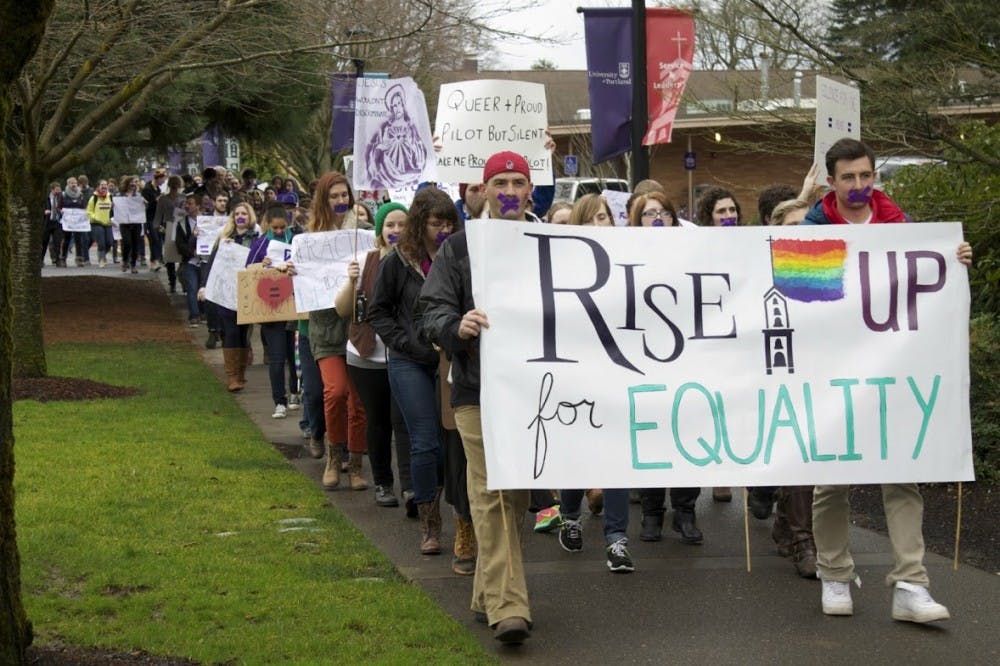On Nov. 3, Jonathan Butler, a 25-year-old University of Missouri-Columbia (Mizzou) grad student, began his hunger strike after a swastika painted with human feces appeared on a residence hall. Other students started protesting across Mizzou’s campus claiming that University administrators were not responding to racial hate crimes against black students, like the student body president being called a racial slur on campus. The football team also joined the fight, planning to boycott games until the University president resigned. On Nov. 9 Mizzou’s president announced his resignation and the chancellor stepped down. And while the conflict at Mizzou’s campus continues with death threats and racial tensions, what’s become evident is the power of the student voice.
Many people suggest that the only reason administrative changes occurred was because Mizzou would lose $1 million if they forfeited the football game. Yes, money carries a strong influence, and the football players who started the boycott used their public image and the financial power athletics holds at their university to affect change.
UP has this same student-fueled energy backed by the institution's reliance on student tuition for financial stability. In the past, students have capitalized on this reliance in order to create positive difference in our community.
UP students started Redefine Purple Pride and marched on campus in 2013 to demand the inclusion of sexual orientation and gender identity in the University’s nondiscrimination policy. And on Sept. 27, 2013, the Board of Regents agreed to include sexual orientation.
Just last year, over 150 students attended a “Let’s Talk” event, which started dialogues around mental health. This led to the creation of the Active Minds at UP group, which remains a prominent voice on campus, writing weekly opinion submissions to The Beacon and planning campus-wide events.
Active Minds members utilize the power of their voices by sharing their stories and fighting against the stigma surrounding mental health issues.
All students have this power. All students have the power to challenge institutional injustices and affect change.
College is a place for expanding awareness, deepening understanding, encouraging critical analysis and fostering thoughtful reflection.
College campuses across the United States have become incubators for important discussions about race, gender, sexuality, identity and discrimination. Students have become the catalysts for these important discussions. But students can only become powerful catalysts if they recognize the power they hold.
Students often hold more power than they realize. Students often have a hand in changing the status quo and ineffective systems.
We, as students, have a responsibility to ourselves — and to our fellow students — to confront inequity and inhumanity in our community.








